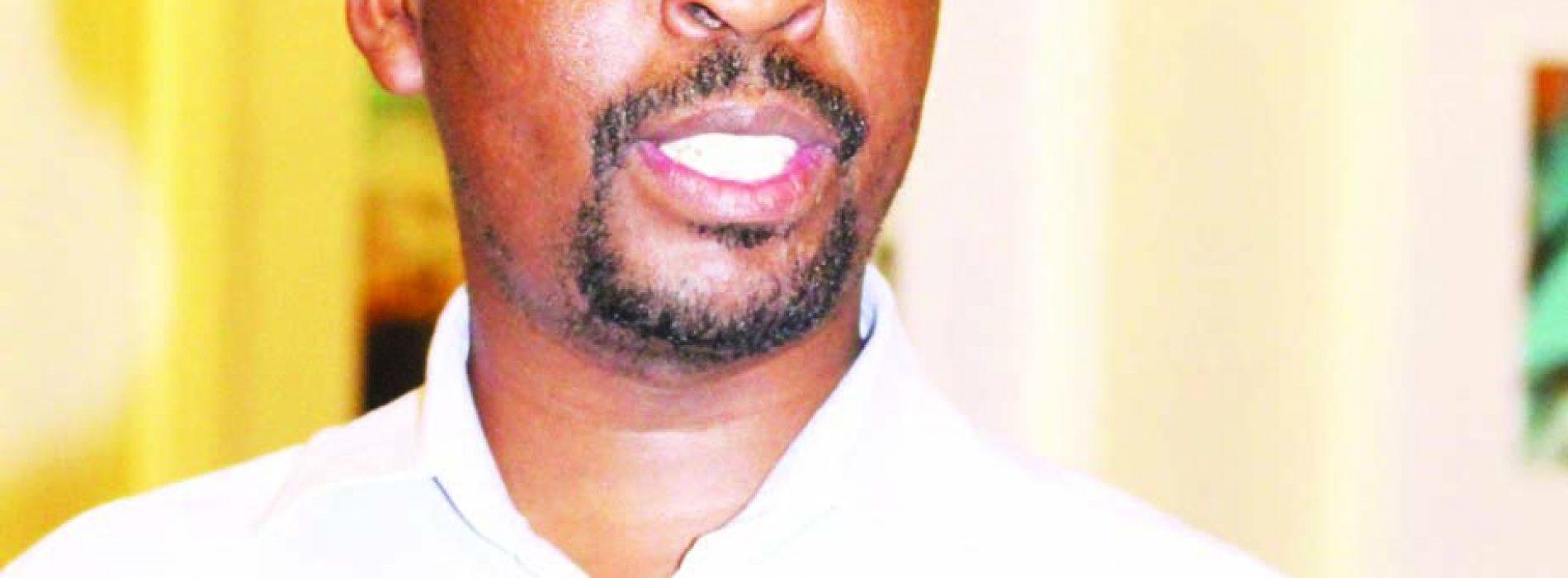Africa-Press – Lesotho. CORRUPTION, HIV/AIDS and a serious mismatch of skills are among key factors contributing to Lesotho’s low economic growth. This was revealed by Dr Maluke Letete, a senior economics lecturer at the National University of Lesotho (NUL) on Tuesday during the economic outlook review hosted by Stanlib.
Letete said these factors deter potential investors and cause existing investors to hold back from increasing their labour force, leaving thousands of individuals without jobs.
He added that the current political climate has escalated corruption as people are insecure and uncertain if they will still have a job in case a new government takes over tomorrow.
“People are no longer certain as to when a new government will take office, so when they have been afforded a chance they tend to want to raise as much money as they can, that can sustain them even when they are no longer in office,” Letete said.
“They end up stealing public funds that could have been used constructively for the benefit of the nation.
”
Letete said the current political uncertainty has seen lots of investors deferring their plans to invest in Lesotho. He further said there is also the issue of inadequate skills among graduates, which contributes to high unemployment rates.
Letete said the declining SACU revenue should be a wake-up call for Lesotho to introspect and make cohesive decisions about the direction that Lesotho should take to grow the economy.
He stated that poor fiscals contribute to inadequate productivity. “Having a labour force that is infected (with HIV) and not having enough money to help them stay on top of their game translates into low productivity,” Letete said.
He added that HIV/AIDS prevalence also threatens potential tourists as people start questioning their safety when they think of visiting the country. Letete further indicated that unstable policy and weak institutions also contribute to the private sector’s reluctance to borrow to expand their businesses.
** Kevin, from Stanlib, said the world at large is in a stagnant mode in terms of economic growth due to several factors.
He said among key factors is increase in global protection, lack of fixed investment spending, an ageing population in developed markets, the rebalancing of the Chinese economy and lack of confidence.
He said in developed and emerging economies there is a serious decline in population as people choose to have few children or none at all. “This means that there are few people who will venture into the labour market, due to low population numbers as well as the youth’s reluctance to venture into the labour market,” Kevin said.
“Youths prefer to study rather than work and as a result they venture into the labour market at an old age,” he said. He added that such countries also tend to prefer hiring old people compared to the youth as old people are much cheaper.
“All they want is to supplement their pension and therefore they are not looking for a lot of money in terms of salaries, not looking up for bonuses or promotions because they do not have to worry about their future,” Kevin said.
He said that practice harms the economy as old people do not spend the same way as the youths do. “They are more conscious about how they spend their money.
A 70-year-old doesn’t shop the same way a 35-year-old shops,” he said. Kevin further said there is lack of confidence in the world currently, forcing those with money to keep it in their accounts and not invest it.
“There is a leadership crisis in the world at the moment, people need strong leaders and they vote for them but they tend to turn out as idiots,” Kevin said.
He said the corruption rate in the world is also escalating, worsening the already non-performing economies. He also said there is a lack of equality hence money is circulating within a few people.
“Eighty percent of the world’s richest people have the money that 3.5 billion people of the world’s poorest people don’t have,” Kevin said. The general feeling at the meeting was that there is a need to focus on policies on other sectors and not only focus on the monetary sector.
It was agreed that there is need to focus on industrialisation and trade policies and also invest in infrastructure in order to stimulate the economy. It was observed that there is a need to empower SMMEs as they have the potential in terms of job creation and growing the economy.






